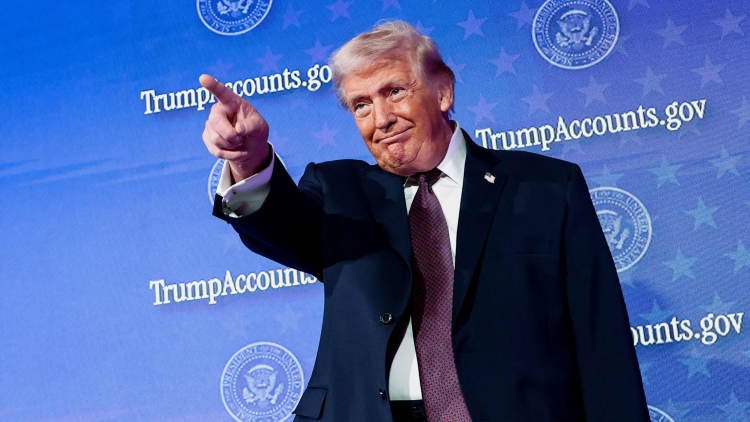Binance now entrusts the custody of bitcoin and cryptocurrencies to BBVA

To increase the confidence of its users following the collapse of FTX, Binance has started a collaboration with the Spanish bank BBVA. This is to offer an external custody service for bitcoin (BTC) and other digital assets.
This alliance will allow customers to keep their funds out of Binance in a regulated and traditional environment.
Sources close to the agreement indicated that BBVA, Spain’s third-largest bank, now acts as one of the few independent custodians that collaborate with the popular cryptocurrency. The move seeks to respond to investor concerns that, following the collapse of FTX in 2022, prefer to safeguard their funds in traditional financial institutions.
Thus, user funds will be guarded by BBVA, which will support them with US Treasury bonds, according to sources close to the agreement. Binance, for its part, will accept these assets as scope to operate on its platform.
In recent months, BBVA has strengthened its commitment to cryptocurrencies. As CriptoNews reported, in March, the bank reported that the National Securities Market Commission (CNMV) of Spain had approved its service to buy, sell, and store bitcoin and ether (ETH), which was enabled in July directly from the bank’s mobile app.
This collaboration comes after legal challenges for Binance. In 2023, the U.S. authorities. The U.S. imposed a $4.3 billion fine on the exchange for facilitating alleged money laundering-related operations. Its founder, Changpeng Zhao, served a four-month prison sentence and was released in September 2024. Since then, the company has significantly reduced its presence in the country.
The approach of traditional banks to cryptocurrencies also responds to a more favourable international context for industry, especially thanks to recent regulatory developments in the United States.
Donald Trump, for example, signed an executive order to create a strategic bitcoin reserve and expressed his support for the GENIUS (Guiding and National Innovation for U.S. law). Stablecoins), the first U.S. legislation regulating the issuance of stablecoins. This bill had broad bipartisan support in the Senate and House of Representatives, and finally received the director’s rubric.
In addition, the president plans to implement actions against banks that, for political reasons, deny financial services to cryptocurrency companies and conservative organizations.







